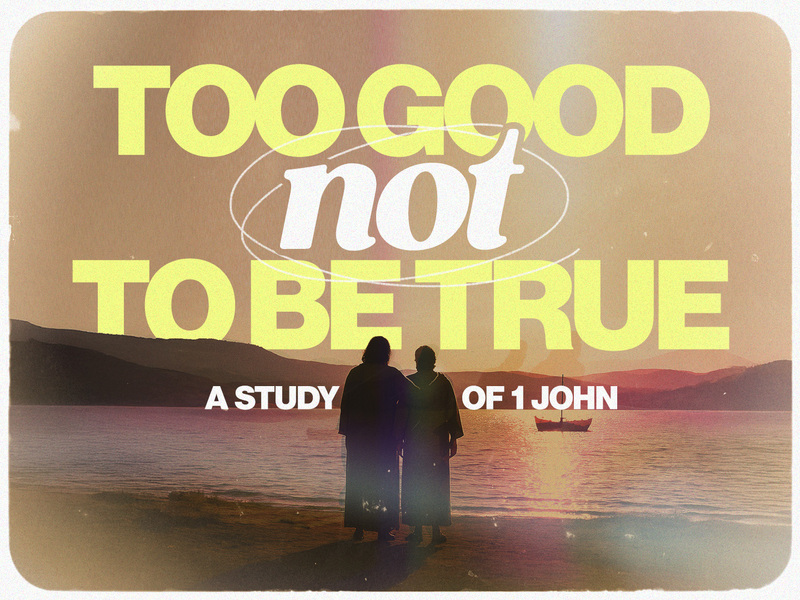
Clikc here for the manuscript
Don't Be a Cain: A 500-Word Summary
In 1 John 3:11-18, the apostle John takes us back to Genesis 4 and the story of Cain murdering his brother Abel—the first murder in human history. This wasn't gang violence or a casualty of war; it was fratricide, one brother killing another out of jealousy and hatred. John references this well-known story not as a history lesson, but as a stark warning about what we must avoid as followers of Christ.
John begins by reminding us of the core message: "We should love one another" (v. 11). This love isn't optional or abstract—it's one of the two pillars of John's letter, along with "God is light." If we get these two things right, we're well on our way to living faithfully.
The story of Cain teaches us that jealousy can quickly spiral into deadly anger, even over religious matters. Cain's sacrifice was easier than Abel's, and when God accepted Abel's offering but rejected his, Cain's resentment turned murderous. John warns that similar seeds of rivalry can take root even in the church if we're not careful.
John reminds us that the world will hate us for following Christ (v. 13), just as it hated Jesus first. Unrighteous people often hate righteous people—this has been true since Cain and Abel, and it will continue until Jesus returns. But believers have passed from death to life because we love one another (v. 14). Love is the distinguishing mark of Jesus' followers.
Then comes the challenging part: verse 15 equates hatred with murder. For John—echoing Jesus in Matthew 5—hatred is spiritual murder. It's not enough to avoid physical violence; we must root out anger, contempt, and demeaning words from our hearts. The standard of love is much higher than we think.
How can we possibly live up to this standard? John points us to Jesus, who laid down His life for us (v. 16). Christ's death is both our salvation and our model. But most of us will never face literal martyrdom, so what does sacrificial love look like practically? Verse 17 brings it down to earth: "If anyone has material possessions and sees a brother or sister in need but has no pity on them, how can the love of God be in that person?" The little things are the big things. When we have resources and see genuine need, we must act.
John concludes by insisting we "not love with words or speech but with actions and in truth" (v. 18). Love that fails to take the form of action is nothing more than religious rhetoric, as James similarly argues.
Three dangers threaten us: First, it's easy to fall into "Cainism"—allowing jealousy and resentment to fester. We must examine our hearts daily and choose the way of life over death. Second, it's easy to love in the abstract without ever meeting concrete needs. Feeling compassion isn't enough; we must act on it. Third, it's easy to forget what Christ has done for us. When we truly grasp how much we are loved by God, we will naturally love others.
The key truth is simple but profound: we will never truly love until we know we are truly loved. Loved people love others. This week, choose the way of Jesus, not the way of Cain.
